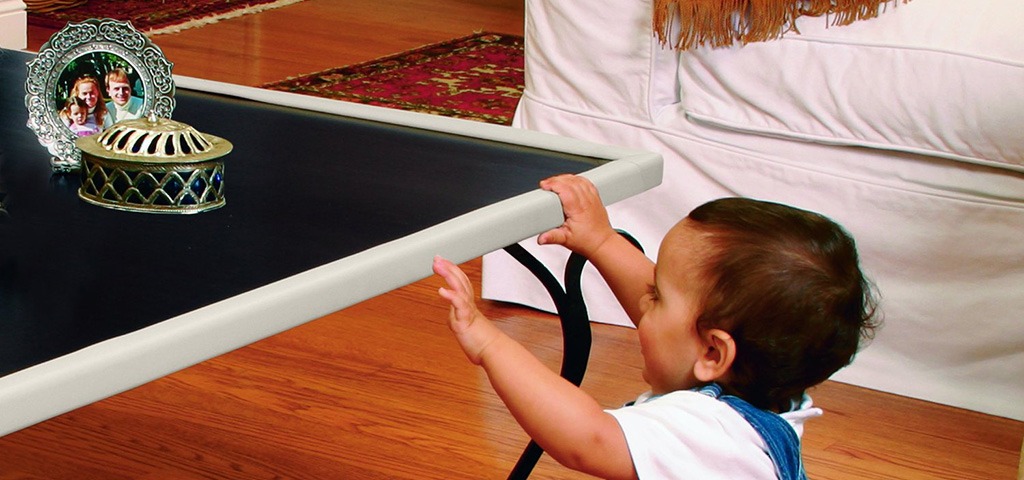
Peace of Mind and a Quiet Heart
November 25, 2016
Finding Joy During the Holidays
December 16, 2016
Every so often we hear someone at a meeting sharing that he or she came from a very loving and caring family but they still developed into full blown alcoholics like the rest of us. I’ve heard people suggesting that it’s in our genes. I’ve also heard people share bitterness toward their parents for the way they turned out because their parents were alcoholics too. This only makes me want to look deeper for answers as to what can be done to give our kids the best possible shot at turning out to be normal, well adjusted adults.
When I look back at the family environment that I grew up in it’s easy to see that my chances of being normal were pretty slim and I could probably blame them for the problems that ensued, but then who do they get to blame for how they evolved into alcoholics themselves. Then, wouldn’t that give my son the right to blame me for his problems. Parenting seldom works well for alcoholics, so what can be done about it.
Being a sober grandfather has given me the opportunity to get a second chance to influence the development of a child from birth to young adulthood and I got the chance to experience how difficult it is for young parents, alcoholic or not, with all of the issues young people have to deal with and how overwhelming it can be, with no previous experience, so it’s not surprising that they repeat what their parents did while raising children.
One of the most important things that children need is to feel safe and secure and not feel threatened. If you’ve ever seen a child when he first pulls himself to his feet and starts getting curious about the knickknacks on the coffee table and attempts to pick one up, when an adult jumps up, runs over to him shouting “NO, PUT THAT DOWN” and tries to pull it out of his hand. He resists and pulls back and gets his wrist slapped. This may be the seed that spawns the tree of defiance. If, however the parent were prepared for this event and before he pulled himself up to the coffee table, they removed things that could be damaged and replaced them with things that were safe, and even put some of the child’s toys in the mix. Now, what typically happens is: He picks it up, shakes it little then looks at you to see your reaction, you smile at him, he shakes it again, and looks at you again, you smile again, and he then lays it down and starts to look for the next great coffee table adventure. His brain is exploring life for the first time and he is collecting data for future references.
Kids are resilient but they are also very vulnerable in their formative years and if they develop in an environment where they must protect themselves, it often sidetracks them from the mental freedom that results from being raised in safe and trusting surroundings. Alcoholics with children in the grammar school age level, when introduced to the program sometimes think that they must sit down and disclose, to their children, all the things that they are going through in the program, and I think that this can be a big mistake. When the alcoholic’s problems are introduced to these developing little minds it often causes issues that they are not developed enough to assimilate into their normal mental development. If they are introduced to all of these adult behavioral issues, it can be very confusing and they can be distracted from the natural mental growth process. These things might better be postponed until the alcoholic has put a few years between him and his troubled past, when the child can only see no threat from those old memories.
A child masters a language from scratch in their first five years along with interacting with others. They begin to learn right from wrong and many other facets of mental development. If the parents focus on the importance of giving them a free path to evolving in a healthy environment the child has a much better chance to grow into a health adult. It may be the best chance of breaking the cycle of alcoholism in the next generation of offspring in the family tree. I would consider rethinking my parenting skills in the wake of my alcoholic thinking. Take it from a very Sober, Grateful Grand-pa
By Rick R.




All comments are reviewed for anonymity. Learn More